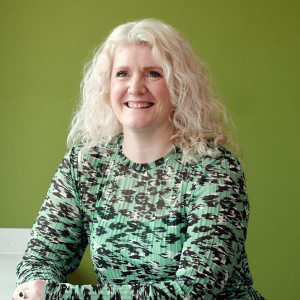The increase in awareness of sustainability issues in recent years has been phenomenal. It has been driven, in part, by the work of campaigners as well as forward-thinking politicians and business leaders. But it has also been prompted by the fact that the impacts of climate change are becoming ever more self-evident, from heat waves to catastrophic floods.
That increased awareness is evident in various public sentiment surveys, but it is also clear small and medium-sized enterprises (SMEs) are also engaging more with the subject, as evidenced by the Lloyds Bank Net Zero Monitor, which tracks preparedness among SMEs.
Of course, every sector has its own unique challenges along the journey and property is no exception. In particular, real estate professionals can see that tighter regulation is on its way, whether or not they have already started their sustainability journey for other reasons.
Most prominently, changes to the government’s Minimum Energy Efficiency Standards came into force in April. Previously, landlords of commercial properties in England and Wales by law could not grant new leases for properties with an Energy Performance Certificate (EPC) of ‘F’ or ‘G’ – the two lowest ratings. As of this year, these rules now include existing leases. This has meant that landlords of the most inefficient properties can no longer draw an income from them. What’s more, the expectation is that commercial properties will be required to have an EPC of ‘C’ or better by April 2027 and ‘B’ by 2030.
Regulations for the residential sector are less progressed, but there is a broad understanding in both the private and social sectors that changes are coming. Moreover, housebuilders of all types increasingly realise that consumers are also more environmentally aware and that energy efficiency has risen up their list of priorities, not least due to surging energy prices.
As we move towards a carbon-neutral economy, Lloyds Bank is helping businesses with discounted lending for green purposes and investing in clean growth to improve the energy efficiency of buildings.
Lloyds Bank offers a range of tools, products and services to help businesses achieve its green and net zero ambitions, such as:
- The Green Buildings Tool enabling businesses to identify, evaluate and understand their property to make it more sustainable and energy efficient.
- NextGeneration is an industry-leading sustainability benchmarking system for UK homebuilders. We have integrated NextGeneration’s sustainability standards into our existing propositions. This will allow businesses to access discounted funding through engaging with these standards.
- Discounted funding through the Clean Growth Financing Initiative, supporting a broad range of investments in sustainable business, from small improvements in environmental impact right through to large-scale renewable energy infrastructure.
Read more about products and services available: https://www.lloydsbank.com/business/sustainability/products-and-services.html
This article is based on the original editorial by Lloyds Bank published in Property Week.




